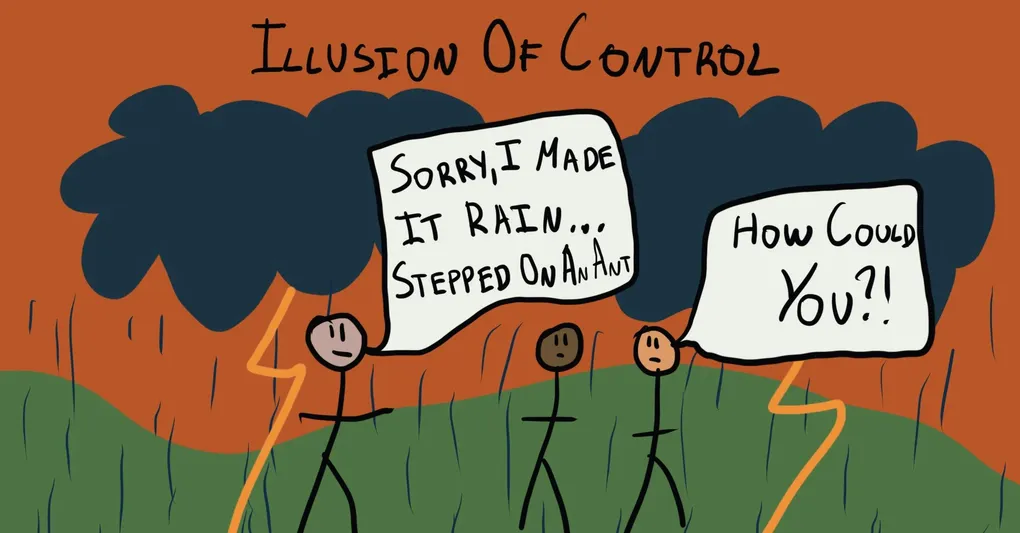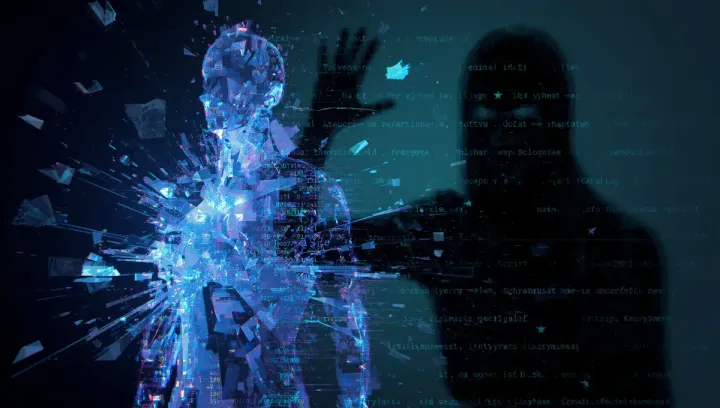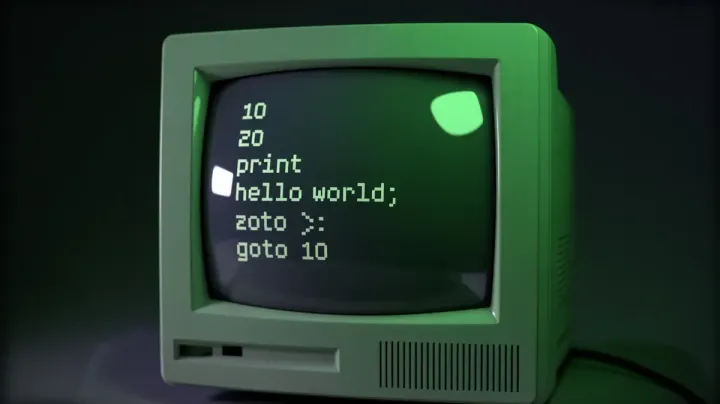
The Illusion of Control: How Big Tech's Power Shapes Your Digital Life
The Invisible Hand in Your Feed
We scroll, we click, we share. We believe we are the masters of our digital domains, curating our own experiences. But are we really in control? Or are we merely navigating a carefully constructed reality, shaped by forces we rarely see? The truth is, a powerful and often invisible hand guides our online lives: algorithmic curation.
Social media platforms, search engines, and content aggregators all use complex algorithms to decide what we see. These systems are designed to maximize engagement, keeping us on their platforms for as long as possible. They learn our preferences, our biases, and our triggers, and they feed us a constant stream of content that is likely to keep us hooked.
This isn’t necessarily malicious in intent, but it has profound consequences. The “filter bubble” is a well-documented phenomenon where we are increasingly exposed only to content that confirms our existing beliefs. This can lead to political polarization, the spread of misinformation, and a general lack of exposure to diverse perspectives. We become trapped in echo chambers, our views reinforced and our understanding of the world narrowed.
The Architecture of Deception: Dark Patterns
Beyond the passive influence of algorithms, there is a more insidious form of manipulation at play: “dark patterns” in user interface (UI) and user experience (UX) design. These are intentionally deceptive design choices that trick users into taking actions they wouldn’t otherwise choose.
Dark patterns are the digital equivalent of a carnival barker’s sleight of hand. They are the hidden costs that appear only at the final stage of a purchase, the pre-checked boxes that sign you up for newsletters you never wanted, and the confusing language that makes it nearly impossible to cancel a subscription.
Here are just a few examples of common dark patterns:
- Roach Motel: This pattern makes it incredibly easy to get into a situation (like signing up for a service) but frustratingly difficult to get out.
- Confirmshaming: This involves using guilt or shame to pressure users into making a certain choice. For example, an unsubscribe button might say, “No thanks, I don’t want to save money.”
- Bait and Switch: This classic tactic advertises one thing but delivers another. In the digital world, this could be a “free” trial that automatically converts to a paid subscription without a clear warning.
- Misdirection: This involves using visual cues to distract the user from their intended action, often leading them to a more profitable outcome for the company.
These practices are not just annoying; they are a form of psychological manipulation. They exploit our cognitive biases and our tendency to scan rather than read, eroding our trust and our sense of agency.
The High Stakes of Digital Power: Debanking and Digital Identity
The power of Big Tech extends beyond what we see on our screens. In recent years, we’ve seen the rise of “debanking,” where individuals and organizations are denied access to financial services by tech platforms that have become integral to the modern economy. This can be a devastating blow, effectively cutting people off from their livelihoods and their ability to participate in society.
This raises critical questions about digital identity. Who owns our online personas? Who has the right to grant or deny access to the digital public square? As our lives become increasingly intertwined with these platforms, the answers to these questions will have profound implications for our freedom and our future.
Reclaiming Our Digital Selves
The illusion of control is a powerful one, but it is not unbreakable. By becoming more aware of the forces that shape our digital lives, we can begin to reclaim our agency. We can be more mindful of the content we consume, more critical of the platforms we use, and more vocal in our demand for transparency and ethical design.
The internet is not a neutral space. It is a battleground of competing interests, and our attention is the prize. It’s time to stop being passive consumers and start being active participants in the fight for a more open, honest, and empowering digital world.


